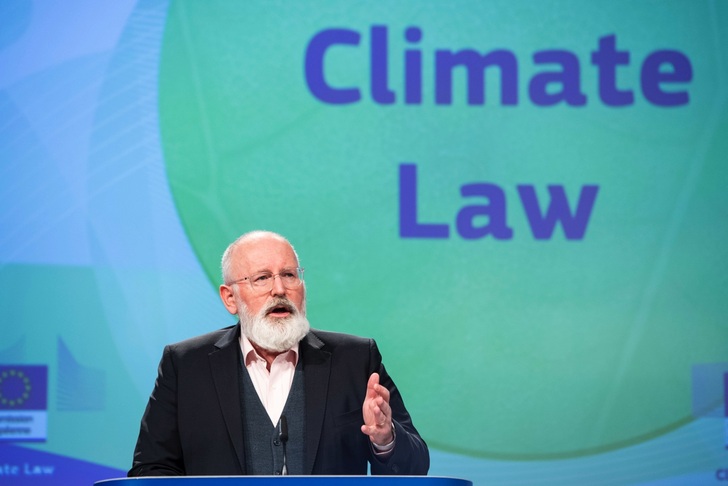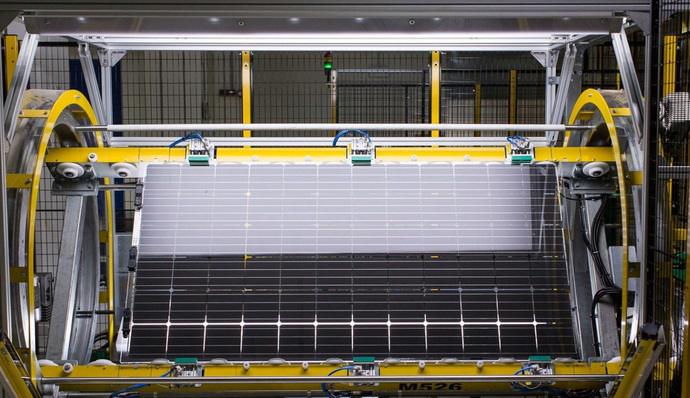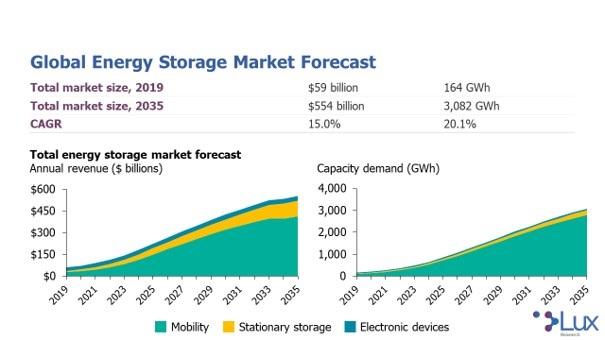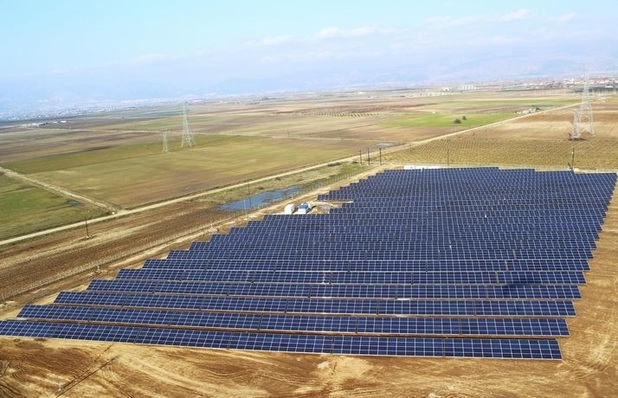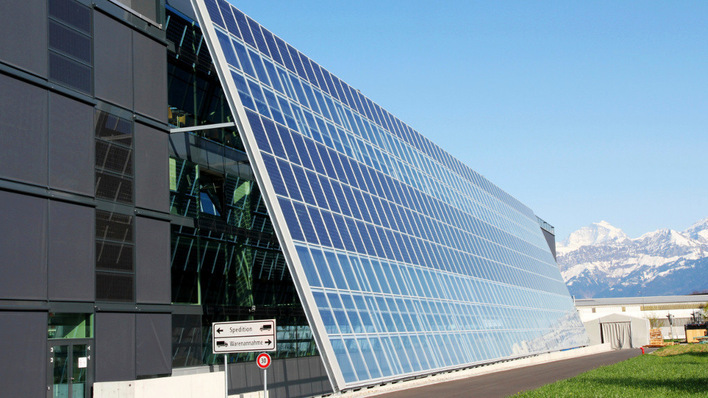This week we are taking a look at policies and initiatives to enhance or achieve climate neutrality in Europe:
On Wednesday, 4 March, 2020, European Commission Executive Vice-President Frans Timmermans presented the EU Climate Law that will enact the goal of climate-neutrality by 2050 into law. In the proposal, the Commission established the objective of climate neutrality by 2050 as a no-regret option that is legally binding for all member states. To ensure the collective delivery of this ambition, the European Commission will define a new CO2 emission reduction trajectory starting from 2030 and towards 2050. Assessments of the EU’s progress will be carried out every 5 years. If necessary, the European Commission would be empowered to review, through delegated acts, the EU trajectory for CO2 emission reduction and take additional measures. Discussions on the review of the 2030 CO2 target have been postponed to 2021, and will build on the conclusions of an Impact Assessment from the European Commission announced for September 2020.
Walburga Hemetsberger, CEO of SolarPower Europe, commented: “The proposal for a Climate Law is a step in the right direction for achieving climate neutrality by 2050. The law would ensure a strong legal basis for the European Green Deal, sending a powerful signal about the EU’s role as a global climate leader, and would make Europe the first continent to have a legally binding climate neutrality target. Solar power, as the lowest cost and most easily deployed clean energy technology, will play a crucial role in supporting member states to achieve net zero emissions.”
On a related note:
Climate-neutral transport corridor
Hemetsberger added: “Ambitious targets must be complemented by robust European and national policies, in order to accelerate solar’s deployment to help meet the climate neutrality target. The establishment of a Clean Energy Package implementation body to ensure that all necessary policies for the deployment of renewable energies are developed at a national level would be a concrete step to ensure progress. It is also important to look at additional efforts to solve national bottlenecks related to grid access and permitting procedures. In parallel, a comprehensive industrial strategy for solar and renewables will be key to ensure a strong European renewable energy industry that will benefit from this growth, and support manufacturing companies to scale up their facilities. “
The EU Climate Law proposal will now be negotiated in the European Parliament and by the European Council. (mfo)
Here, in case you missed it and as it is somewhat related, is Part 1 of last week's topic.

